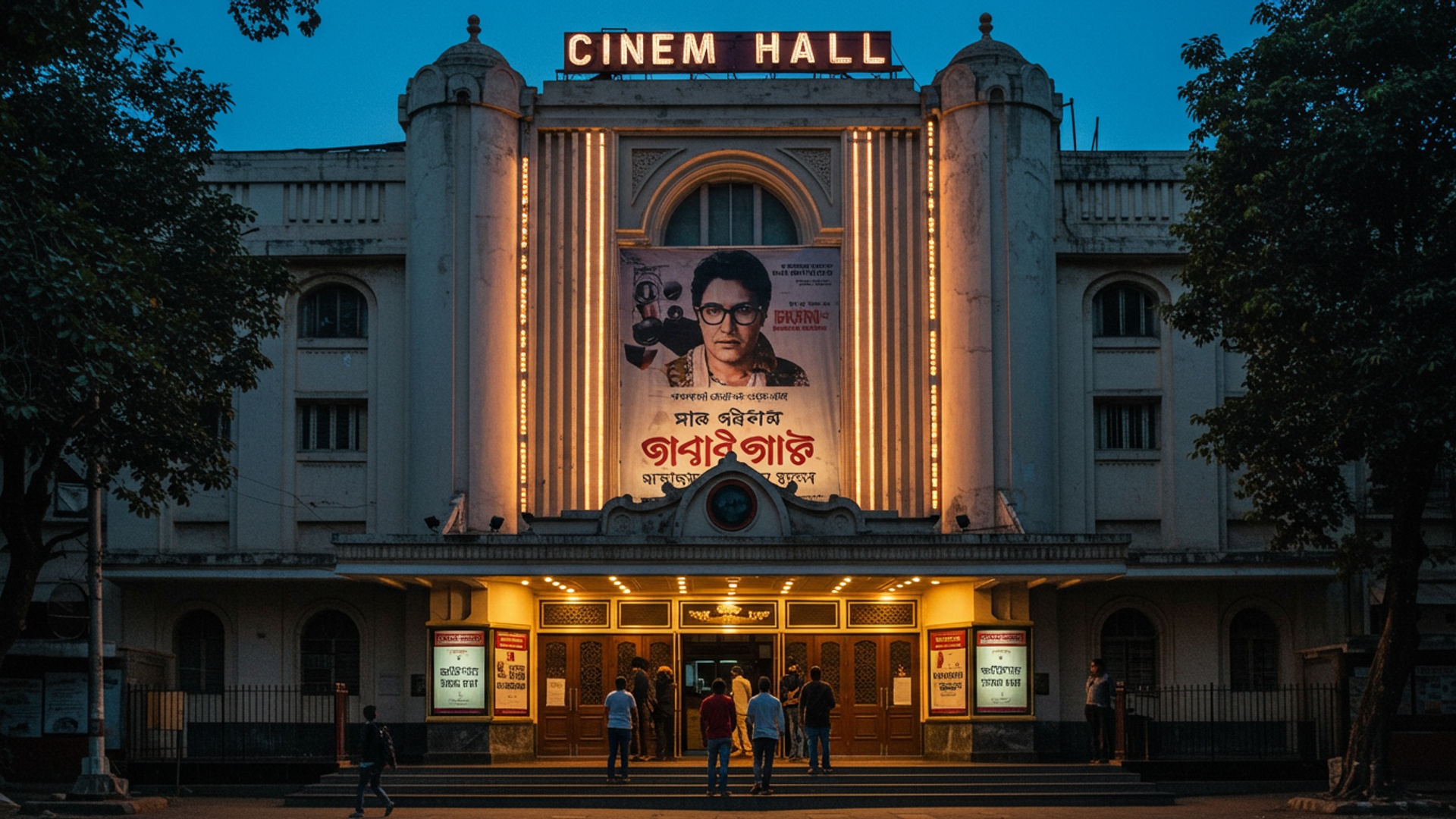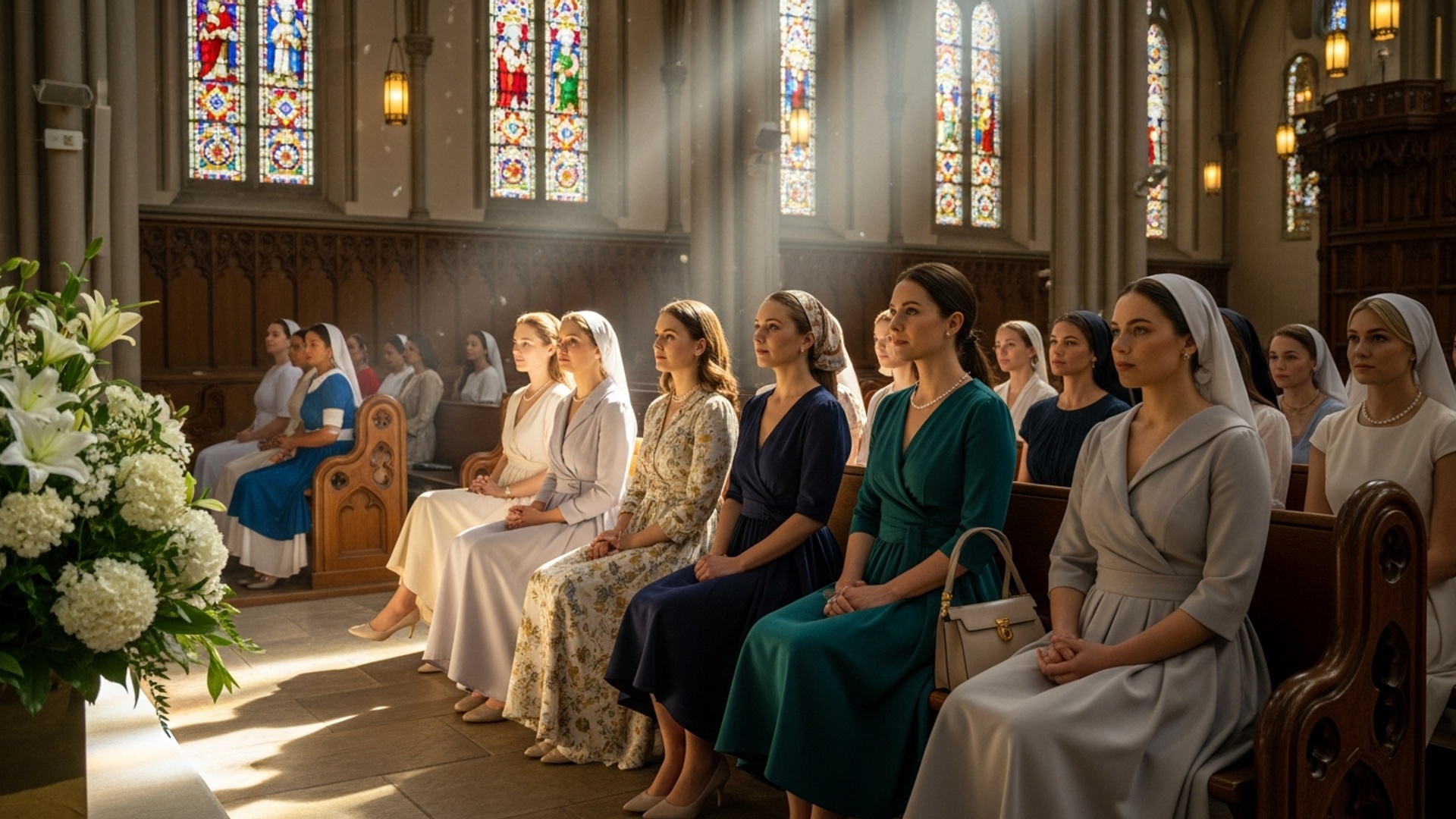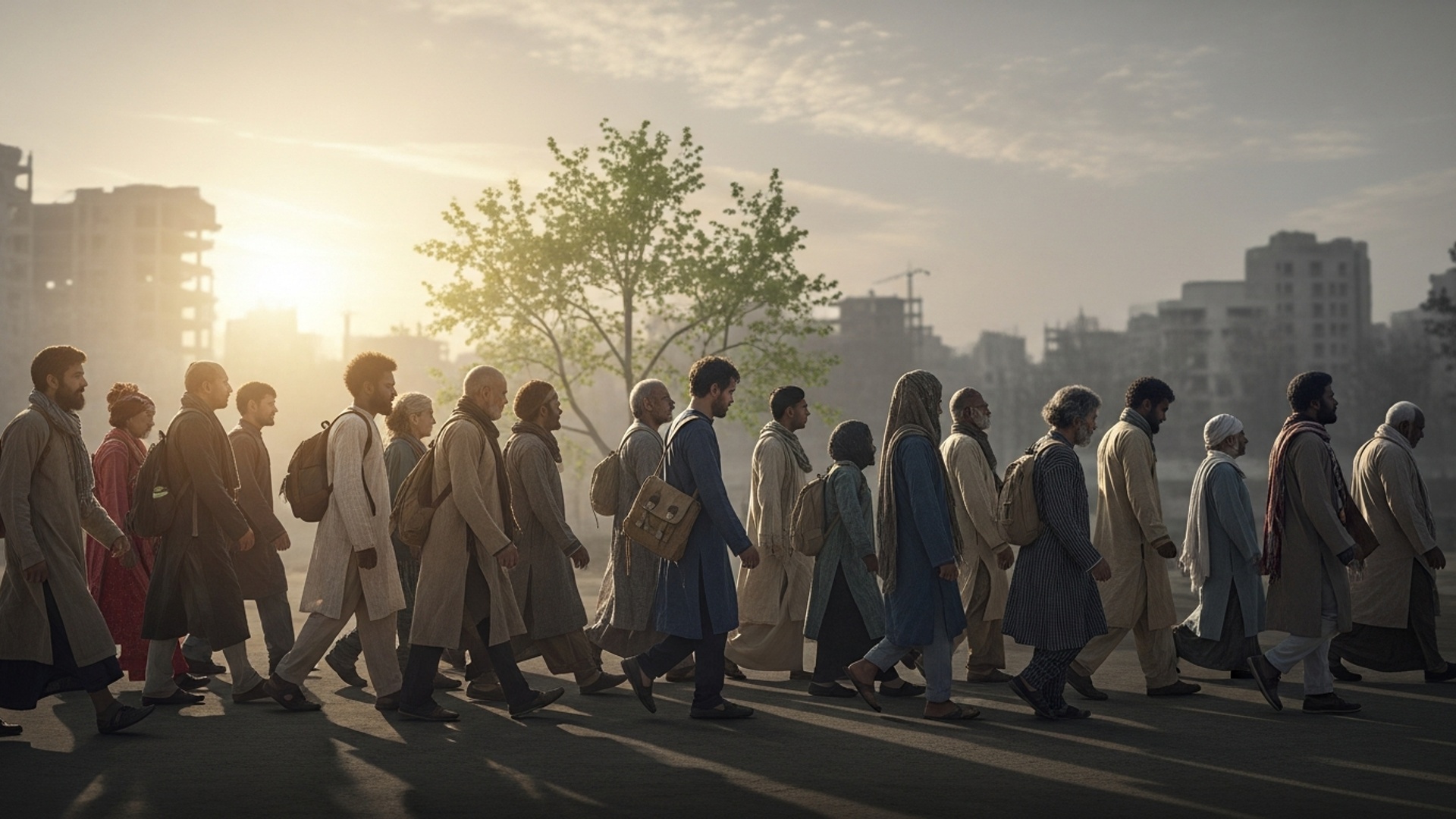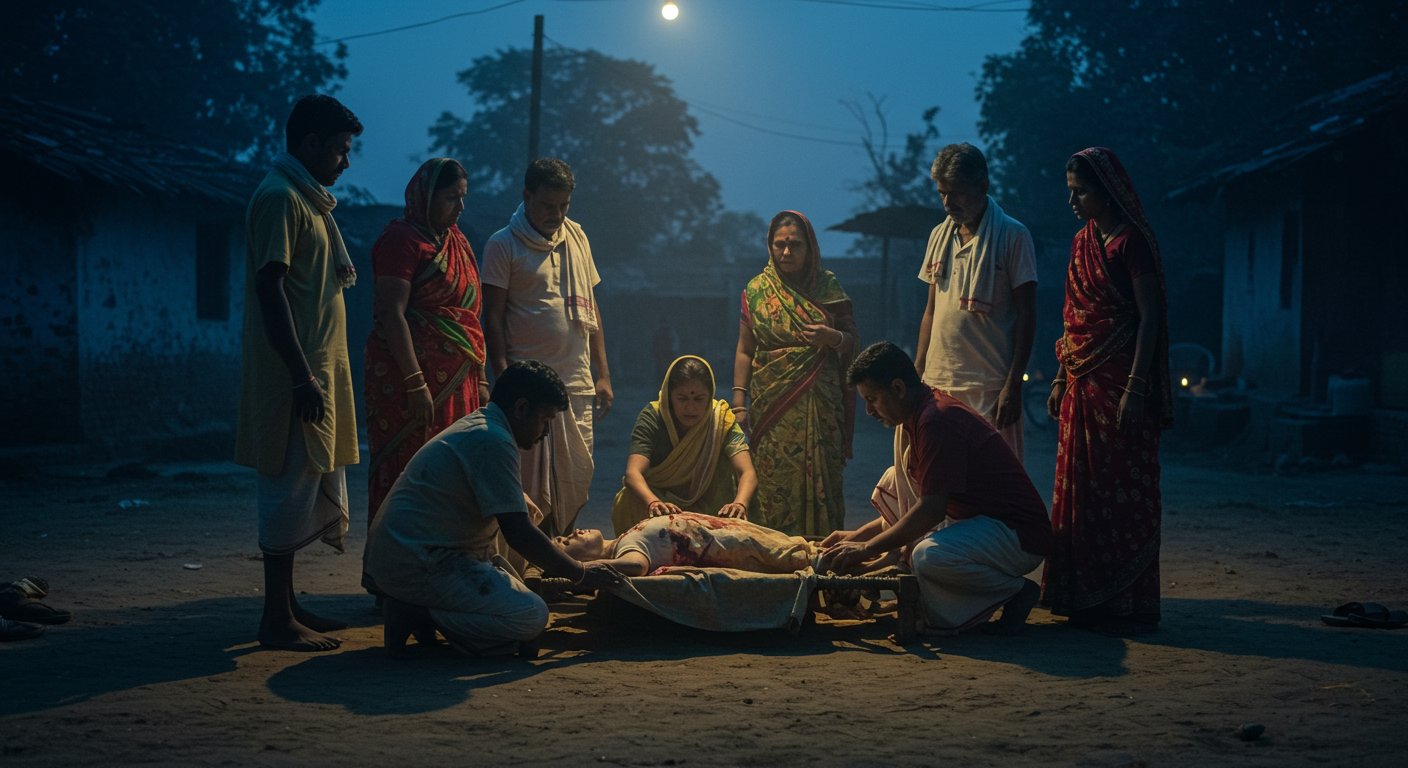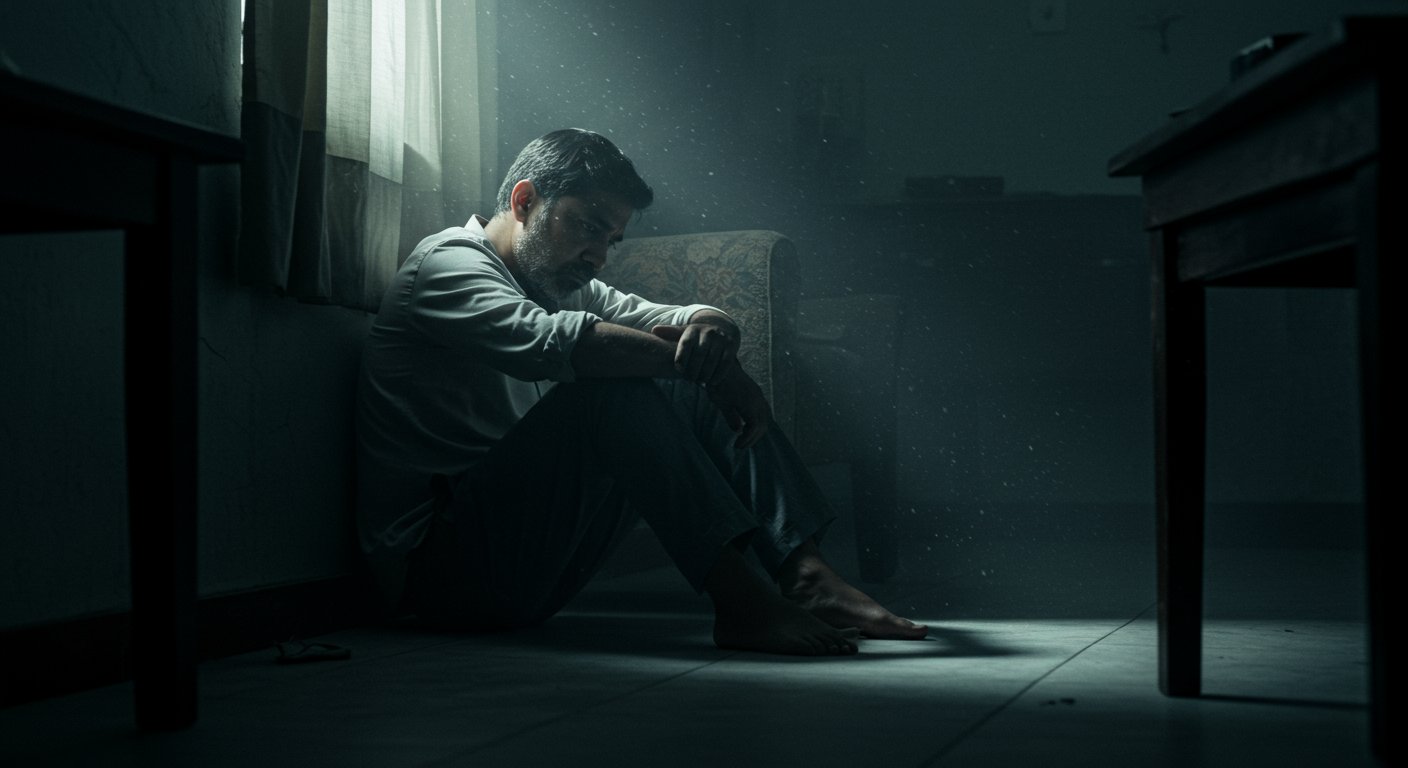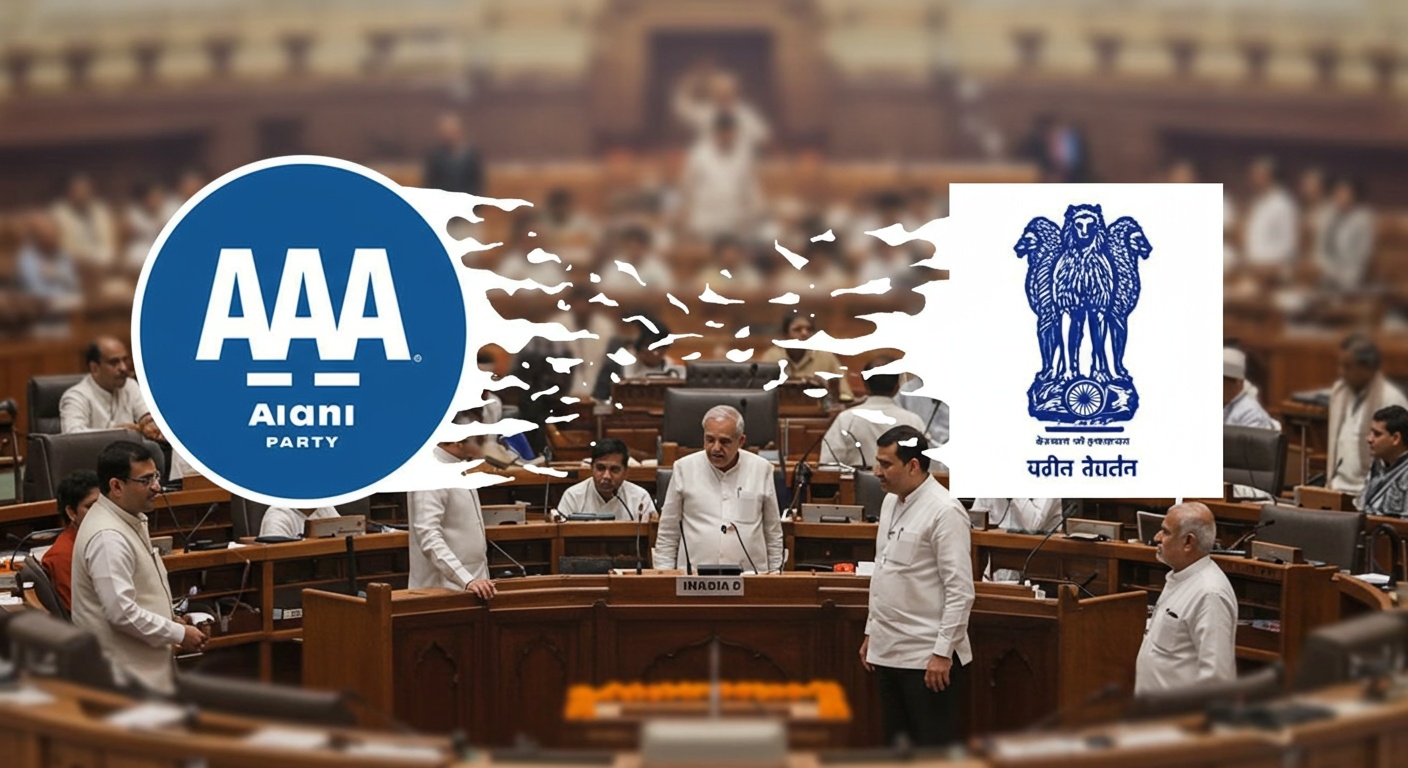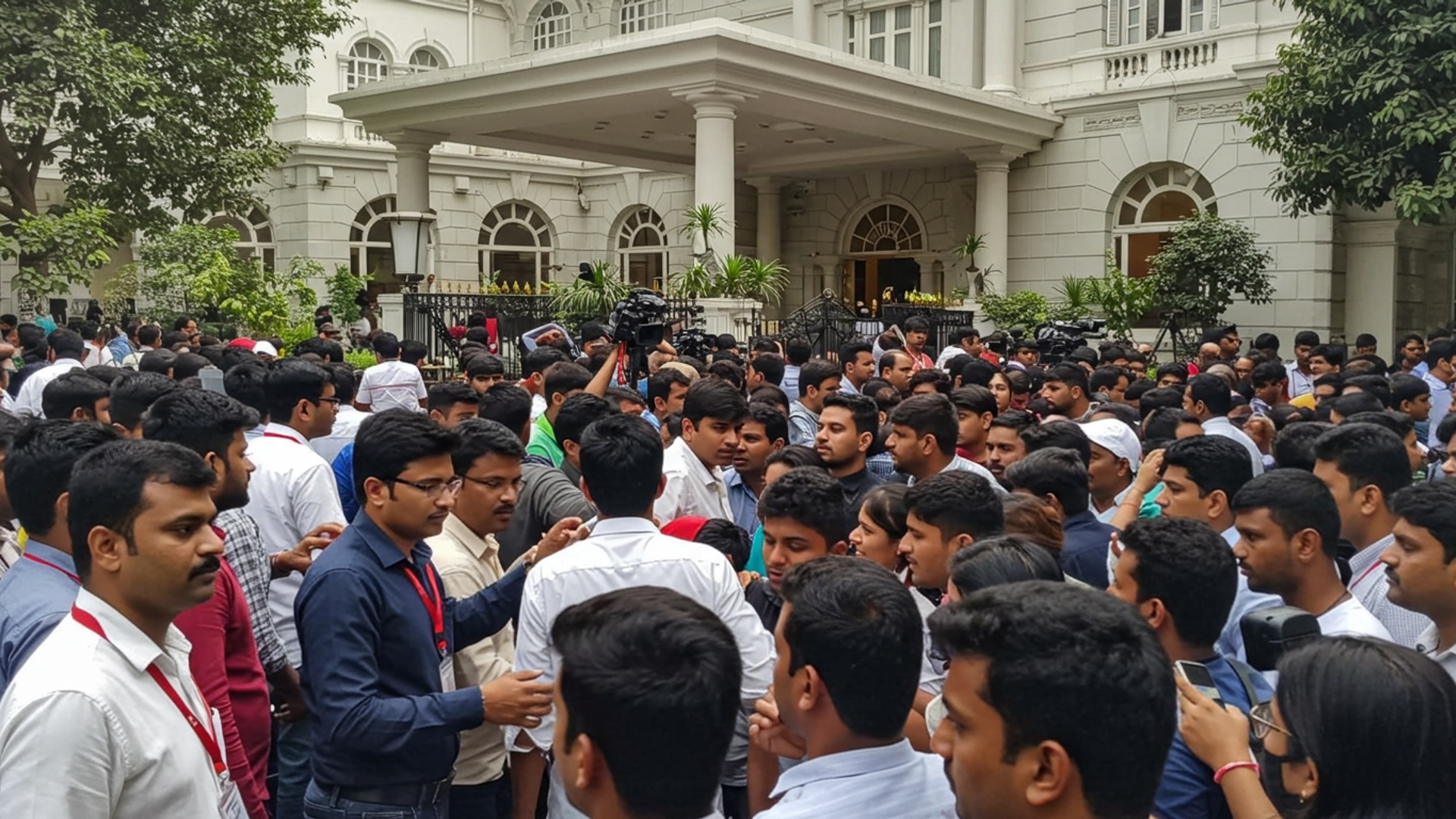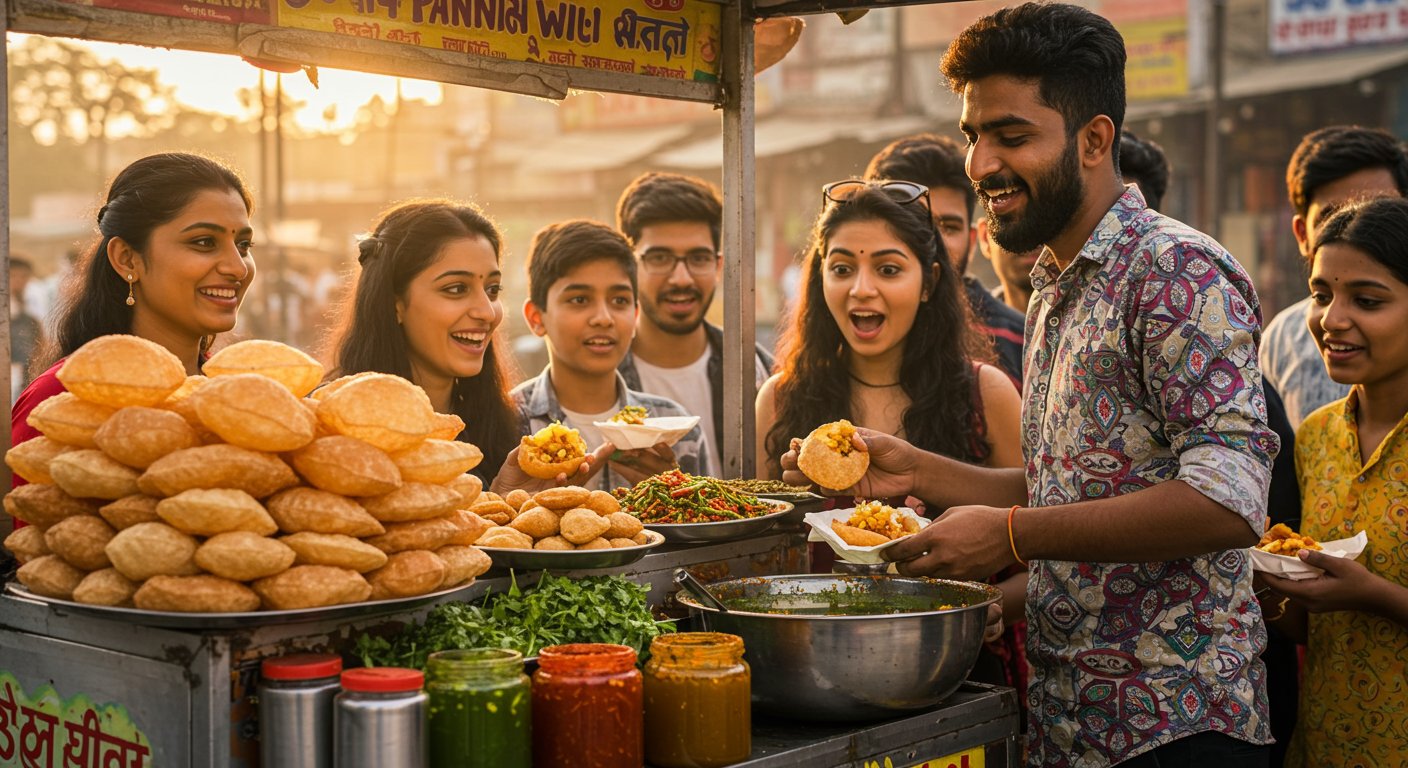Bengal Orders Theatres to Show More Local Films Bengal’s government now tells all movie houses to put local films first. This crucial new rule, starting right away, means cinemas across the state must give more show times and better slots to films made in Bengal. The decision comes after local film makers faced a hard struggle to get their works seen, often pushed aside by big films from outside. This bold step aims to give Bengal’s own stories and artists a fair chance on the silver screen, changing how people see movies here.
New Rule for Movie Screenings in Bengal
The West Bengal government has recently put in place a new rule for all movie halls and multi-screen cinemas across the state. This new rule makes it necessary for them to show at least one local film every day during main viewing hours. The data and Cultural Affairs Department of the state government issued this clear instruction. Under this new order, every cinema hall and each screen in a multi-screen cinema must offer a local film show daily, adding up to 365 main viewing hour shows each year. These main viewing hours are now set between 3 PM and 9 PM, as stated in the official order. Some reports also mention the prime time as 3 PM to 10 PM. This adjustment changes an older rule from 2018, which defined main viewing hours from 12 PM to 9 PM. Officials said that often, the local films would get shown in the early afternoon, when fewer people came to watch movies. The government wants to make sure local films get bigger audiences by moving the main viewing time later in the day. The government’s order is based on the powers given by a part of the West Bengal Cinemas (Regulation) Act, passed in 1954. Also, the government has said that it will make needed changes to the West Bengal Cinemas (Regulation of Public Exhibitions) Rules, 1956, to fully set this new rule in place. The new rule started right away and will stay in effect until the government decides to change it.
Why the Government Made This Decision
This decision comes after a long time of talks and concerns from people in the local film business. Many in the film industry have often said that local movies find it hard to get good show times in their own state. They have pointed out that big films from other parts of India, especially those from Mumbai (Bollywood) and the southern states, often take over the best show times. This has made it difficult for local films to get enough screen time and reach their audience. A recent event helped push this new rule forward. There was a situation where a local film, ‘Dhumketu,’ was set to release around the same time as a big Hindi film, ‘War 2.’ Reports stated that the people who spread ‘War 2’ in Bengal asked movie halls not to give any shows to local films, wanting all show times for their big movie. This made many vital people from the local film world, including actors, directors. producers, write a letter to the Chief Minister, asking for her help. They wrote about the unfair way local films were being treated and asked the government to set rules to make sure local films get proper screen time. They said this was about protecting their language, culture. identity. The Chief Minister, Mamata Banerjee, has also been pushing for “Bengali pride” and has spoken against unfair treatment of Bengali-speaking people in other states. This new movie hall rule is seen as a way to promote local culture and language, along with helping the local film industry. The Sports and Youth Affairs minister, Aroop Biswas, said that there was an effort to harm the Bengali language. He said that the Chief Minister is fighting this. local movies will do well in Bengal. Another minister, Indranil Sen, agreed, saying that the Chief Minister wants local movies to grow and that this step will bring a new and better time for Bengal. Before this new rule, there was a direction that movie halls should show 120 local films in a year. But, these shows were often given at times when very few people came, like at noon. The new rule makes sure that at least one local film is shown every day during the main viewing hours, meaning much more screen time for local movies throughout the year. For example, a cinema with two screens will now have to show 730 local films in a year, while a multi-screen cinema with four screens will need to manage 1,460 local film shows annually.
How Cinemas are Affected
Movie hall owners and those who show films have been part of the discussions leading to this new rule. A meeting was held with Minister Aroop Biswas and about 40 people from the local film industry, including those who own movie halls, those who spread films, technicians, producers, directors. actors. At this meeting, everyone agreed that local films should get more importance and better show times. Navin Chowkhani, who owns the Navina cinema, said that his understanding was that local films would get most of the main viewing shows. Satadeep Saha, a person who spreads films, also confirmed that everyone at the meeting agreed to give importance to local content. When asked about what happens if a big film company from Mumbai says they will not give their movie to a hall unless all shows are given to their film, Saha said that they would have to tell these companies about the new rule in Bengal. He added that in his experience, no Mumbai producer has ever told him to ignore local films. Arijit Dutta, who owns a cinema hall, welcomed the new rule. But, he also said that the quality of the films is just as essential as the number of shows. This points to while more screen time is good, the movies themselves must also be good enough to attract people. For many years, the local film industry has been talking about how they lose main viewing slots to big films from other places. This often meant that even good local movies had to leave movie halls too soon. The new rule is aimed at fixing this problem and giving local films a steady place to be shown.
Voices from the Film Industry
The decision has been largely welcomed by key figures in the local film industry. Many famous actors and filmmakers have spoken out in favor of the new rule. Actor Dev, who was one of those who wrote to the Chief Minister, expressed his happiness. He said, “How can Bengali films not get proper shows in Bengal? In other states, local cinema is always given importance. We are happy with how the meeting went. This fight isn’t just for ‘Dhumketu,’ it’s for all Bengali filmmakers and producers.” He also said that his upcoming film, ‘Dhumketu,’ will now get 50 percent of the show times in all single-screen movie halls. Actress Rituparna Sengupta also welcomed the move, saying that she had been fighting for this issue for many years. She mentioned that she works with many independent directors and producers and knows the problems they face to get show times. She pointed out that independent directors need space and time for their films, as their movies sometimes get taken out of theatres quickly after release. Distributor Pritam Jalan called the meeting a “good, helpful. fair meeting” where everyone could share their thoughts on the many problems the industry faces. He said they would wait for the official notes from the meeting and then talk with the owners of Hindi films to see what they have to say.
Looking to the Future
This new rule is a big step for the local film industry in West Bengal. It aims to give local movies more chances to be seen by people in their home state. By ensuring prime time slots, the government hopes to increase the number of people watching local films and bring more money into the local film business. The move also comes at a time when there is a wider discussion about language and culture in the state. The Chief Minister’s strong support for Bengali language and culture plays a role in this new film policy. The government believes that this step will not only help the film industry grow but also strengthen local identity and traditions. While the new rule has been met with positive reactions from many, its long-term impact will depend on various factors, including the quality of the films released and how movie halls manage the new schedule alongside other popular films. The aim is to create a fair playing field for local cinema and ensure its continued growth and reach among its audience. ![]()
